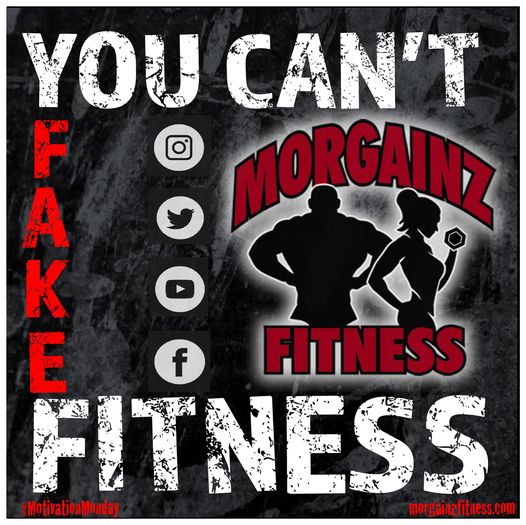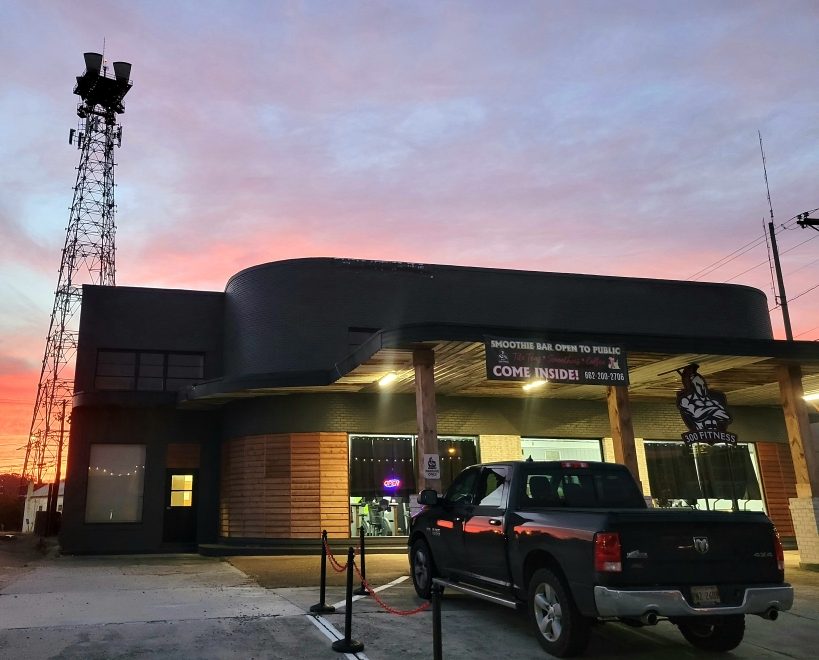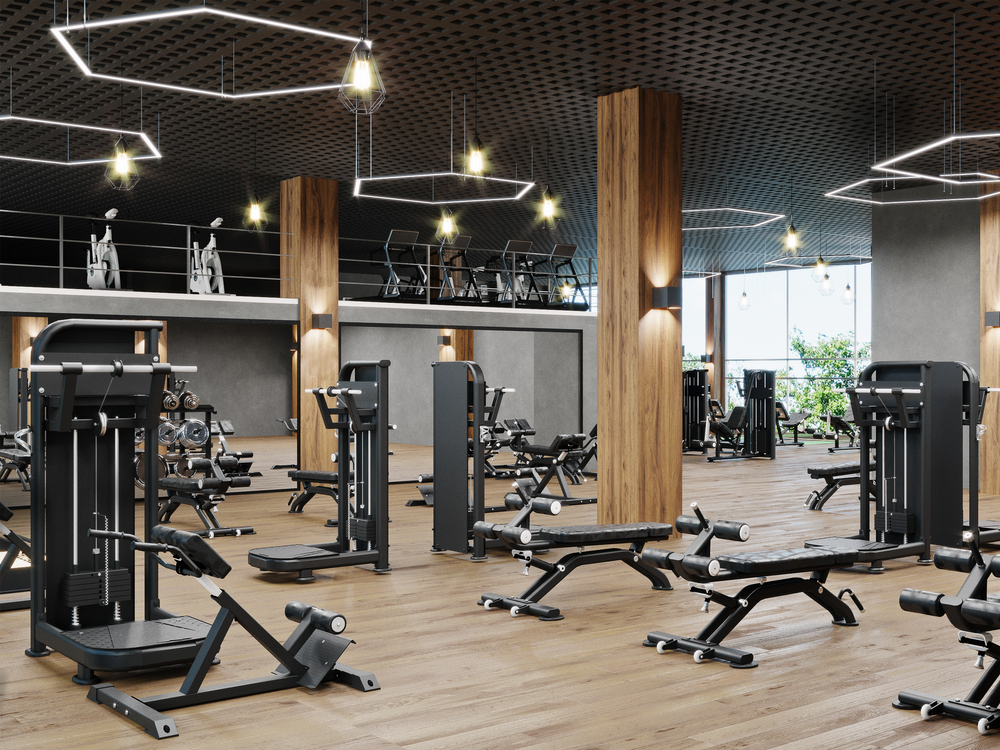This is a question all new gym owners ask themselves. In the last month, we’ve brought you expert answers to many questions about the actual leasing process – conversations to have before signing your gym lease, how to find property, and the details behind specific leases – Triple Net and Full Service Leases.
Now it’s time to decide if it is in your best interest to rent a location or buy that real estate.
To explore this topic, we turned to Kelly Morgan, owner of MorGainz Fitness, a four-location Pennsylvania enterprise. Morgan and her husband David leased their first and second gym locations, starting in 2012, and now own three out of their four fitness centers.

What are the advantages to leasing a property for a first-time gym owner?
Opening a gym is especially complex and expensive — purchasing equipment, marketing costs, locker room and specialty area buildouts, software integration, and customer management — it all arrives in one fell swoop.
Leasing a building, instead of buying property, makes it easier to focus on these critical first steps, she believes.
Leasing allows new gym owners to:
- Spend limited capital on equipment and marketing.
- Negotiate an “opt-out” clause.
- Leaves the property responsibility with the landlord so you can run the gym.
The bottom line is, Morgan says, “If you have a great landlord who charges you a reasonable rent and takes care of the property, you’re not stuck with it.” It’s a difficult thought, but a realistic one.

Rookie advice when signing a lease
- Establish an LLC (limited liability corporation) with your business partner. The LLC should include an operating agreement that protects both partners should the business stumble. Thinking ahead allows you to negotiate terms while you’re friends and not in the midst of a declining venture.
- Don’t sign a gigantic, multipage lease without showing it to your lawyer. The longer the lease, the more loopholes. Hiring a good attorney will ensure you don’t assume responsibility for more than is necessary when signing that first agreement.
- Read the fine print to learn your financial responsibility and total costs, including security deposits, taxes, insurance, and common-area maintenance fees.
- Negotiate a non-compete if you’re renting in a strip center. If you don’t, there is nothing stopping your landlord from leasing to another, possibly much larger, competitor.
- Find a highly visible location with good signage. This is a competitive business, not a destination-style industry. Gym locations have to be easy to see and find, and near members’ homes.

Seasoned entrepreneurs Ron Bramlett and Wesley Bray bought this 1960’s era building in their first venture as gym owners. The purchase acted as a hedge against the risk of starting 300 Fitness Gym and Bar — an investment they could sell if needed.
But I want to buy a building for my first gym!
Go ahead, but remember the muscle is in the equity, not the asset. Commercial property purchases usually require putting 20 percent down. That’s liquidity you can’t put into buying equipment or outfitting the building optimally. If there are unexpected repairs, or the building is larger than you expect, you may not be able to fill the entire facility — setting your gym up for a less-than-impressive grand opening.

And in this business, first impressions mean a lot.
Owning your own ground is definitely where it is at
However, unless you have an established track record in business such as owners Bramlett and Bray, a lot of extra cash, or a really cheap deal on a good property — leasing allows you to manage risk while giving you a better shot at running the best gym in town. What do you think? Feel free to contact us at 800-FOR-GYMS.
Gym Insight
Thanks for reading our series on leasing your first gym location! We are so glad you’re on our site. At Gym Insight, our gym membership software provides a clear, transparent picture of your company’s financials, and offers a platform from which to run your business effectively. Our software is built in-house, by fitness club owners. There are no cumbersome third-party plug-ins or complicated protocols, and it’s available for a single, low monthly subscription price — no hidden fees, no links to your payment processor. Call us today for a free demonstration of how we can lower your software management costs and free up time and capital.
